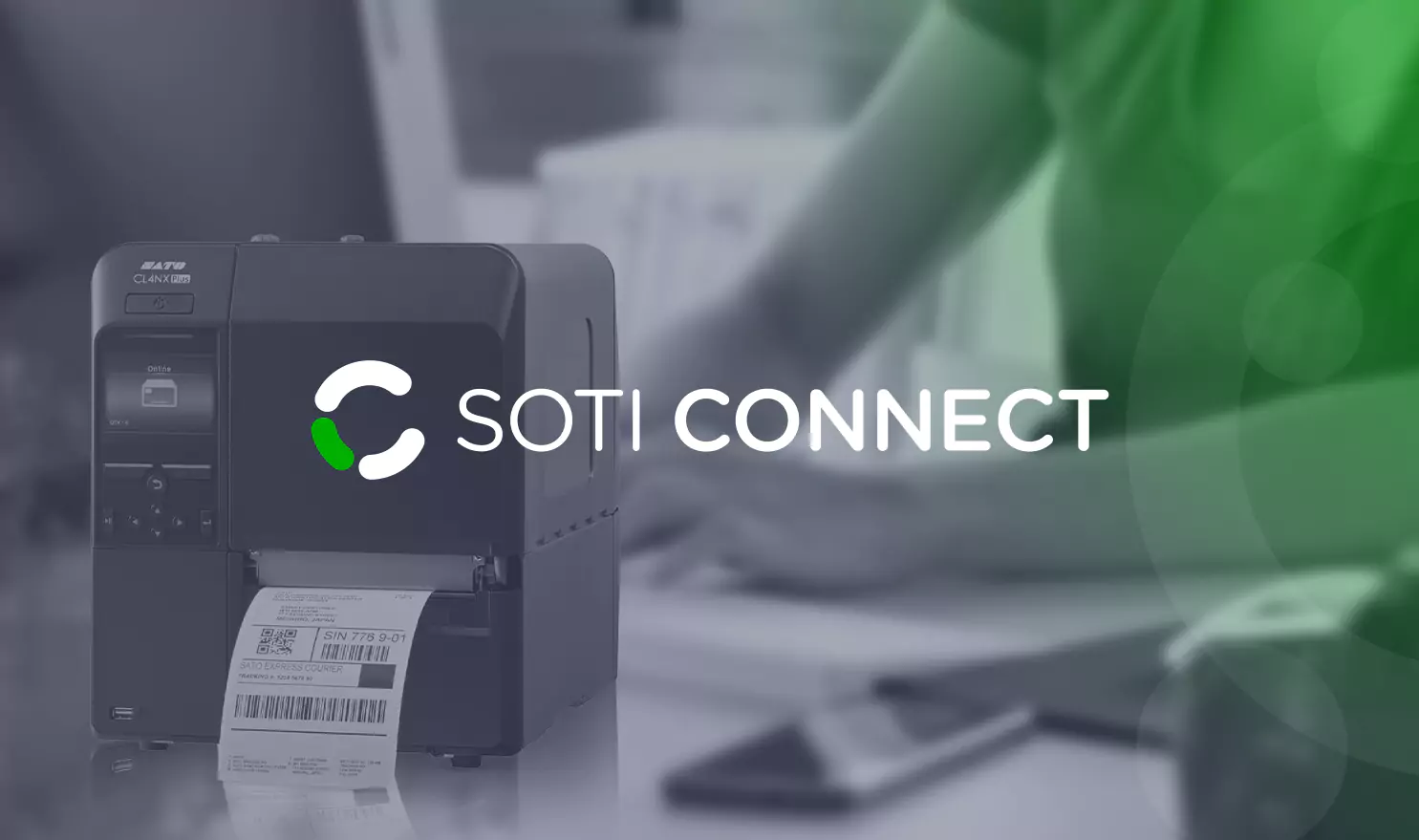Mobile Point-of-Sale (mPOS) Security and Compliance

The Rise of Mobile POS
The adoption of mobile point-of-sale (mPOS) solutions has increased significantly in recent years. Small businesses, enterprises and even individual entrepreneurs are increasingly turning to mPOS devices and services to streamline payment processes.
The convenience of accepting payments on the go, combined with the cost effectiveness of mPOS devices, has made these solutions the first choice for organizations. Various industries, including retail, hospitality and transportation, have adopted mPOS.
Why Security & Compliance Are Important
As the mPOS market continues to evolve, so do the concerns surrounding its security and compliance. With financial data being transmitted and stored on mobile devices, ensuring information security is crucial.
Compliance with industry standards and regulations such as PCI DSS and GDPR protects customer data and creates trust among stakeholders. These standards and regulations support the protection of personal data and prevent identity theft while regulating businesses on how to collect, store, process and share data. Any compromise in security or compliance can have serious consequences, including financial loss, reputational damage and legal liability.
Exploring the Evolution of Mobile POS Systems
The evolution of mPOS systems has been shaped by technological advancements and evolving consumer preferences. From first-generation card-swiping terminals to multifunctional handheld devices, mPOS solutions have undergone a major transformation.
Most businesses have replaced the cash register with mPOS systems. This allows for contactless payments, automated inventory management and improved customer relationship management. Mobile POS systems save time and decrease human error by calculating sales tax and discounts automatically, managing staff schedules, and storing sales and customer data.
This evolution has empowered businesses to streamline operations, enhance efficiency and elevate the overall customer experience.
Security Challenges in Mobile POS Environments
There are several security risks associated with mPOS systems. These high-contact devices are often exposed to more people than other forms of business technology.
Here are the Top Mobile POS Security Risks:
Click to expand and download
1. Risk of Data Breaches
Using a mobile POS system can expose your organization to data breaches – when hackers get into your system and steal important information like customer details or payment card numbers. This can harm your reputation and lead to legal troubles and financial loss.
2. Device Theft or Loss
Another risk is losing your device or having it stolen, resulting in exposed data or fraud.
3. Malware Infection
Malware and cyberattacks, such as viruses and ransomware, can affect your data and leave you vulnerable to ransom.
4. Wi-Fi Problems
Hackers might tamper with your Wi-Fi, affecting your POS system's performance. This can impact your business’ ability to perform transactions and deter new customers.
5. Customer Concerns
Customers might worry about their data safety and do business elsewhere. It is important to address all customer concerns and invest in the most secure mPOS options.
6. Compliance Issues
Violation of industry compliance standards such as PCI DSS or GDPR can lead to fines and lawsuits, damaging your reputation and the bottom line.
Enhancing Security in Mobile POS Systems
Here are some solutions to help prevent some of the top mPOS security risks.
1. Data Breach Prevention
To stay safe against data breaches, use mobile encryption and other security measures to protect your data, follow PCI DSS standards for handling payment card info and choose a reliable cloud service with strong security.
2. Managing Device Theft or Loss
Use locks or passwords and enable remote-wipe features to keep your device safe from loss or theft. Multi-factor authentication methods, such as biometric features, can also prevent hackers or thieves from getting into an mPOS device.
3. Be Aware of Malware
To avoid malware attacks, do not allow employees to download unapproved third-party applications on devices using mPOS. Additionally, use antivirus software and back up company data often.
4. Wi-Fi Interference
Use secure Wi-Fi networks, avoid giving the public access to your Wi-Fi and consider using a virtual private network (VPN) for an extra layer of prevention. VPNs encrypt your data and mask your IP address.
5. Mitigating Customer Concerns
Customers may distrust a modern mPOS system. It’s important to be transparent about data protection, demonstrate security capabilities and offer various payment options as a backup.
6. Compliance Issues
Violating compliance regulations such as PCI DSS or GDPR is irresponsible and problematic. A compliance violation could result in fines, penalties or lawsuits. You should implement policies and procedures that ensure compliance. Also, train your staff and partners accordingly and audit your compliance status regularly.
Best Practices for mPOS Device Security & Compliance:
Following industry best practices is essential in mitigating security risks and maintaining compliance standards. Here are some recommendations based on top performers:
-
Partner with reputable mPOS providers with a demonstrated commitment to security and compliance.
-
Conduct regular security assessments and audits to assess system vulnerabilities and ensure adherence to regulatory requirements. Implement network segmentation to isolate mPOS environments from other business networks, mitigating the impact of security breaches.
-
Adopt data minimization principles to limit the collection and storage of sensitive information, reducing risk exposure in the event of a breach.
-
Develop and rehearse an incident response plan to expedite the containment and mitigation of security incidents.
Future Trends and Innovations in Mobile POS Security
Looking ahead, the future of mPOS security is marked by ongoing innovation and adaptation to emerging threats and customer needs.
Technologies such as biometric authentication and blockchain hold promise in enhancing transactional security and improving consumer confidence in mPOS systems.
By embracing these advancements and cultivating a culture of continuous improvement, businesses can navigate the evolving threat landscape and foster resilience in mPOS environments.








